Reform UK leader Nigel Farage has said Ukrainian President Volodymyr Zelensky is not a dictator, after he was branded one by US President Donald Trump.
Farage said Trump’s words should be taken “seriously”, after he lashed out at Zelensky and urged him to hold elections as part of a deal to end the war in Ukraine.
But the Reform UK leader – an ally of Trump – said people should not take everything the US president said “absolutely literally”.
“Zelensky is not a dictator,” Farage told GB News. “But it’s only right and proper that Ukrainians have a timeline for elections.”
Farage suggested elections could happen before the conflict was over, saying “there needs to be a bit of a timeline so that the Ukrainian people can vote on a peace deal”.
Zelensky’s five-year term as president was due to end in May 2024, but elections have been suspended since martial law was declared after Russia’s invasion.
There had been criticism of Farage, including from prominent Reform UK supporter Tim Montgomerie, for not distancing himself from Trump’s comments sooner.
Farage said he had been on a flight to Washington DC, where he is making a speech at the Conservative Political Action Conference.
Liberal Democrat leader Sir Ed Davey said Farage had “chosen to explain away Trump’s outrageous remarks about President Zelensky instead of doing the right thing and condemning them”.
“He sounds like a spokesman for Trump,” Sir Ed said. “He certainly doesn’t speak for Britain.”
Conservative shadow defence secretary James Cartlidge also criticised Farage, questioning why Ukraine should have a timetable for elections.
“They’re not going through local government reform – they’re in an existential war and don’t know when it will end,” he wrote on social media.
“And does he think Putin should have a timetable for free and fair elections? He actually is a dictator.”
Farage’s comments come after Prime Minister Sir Keir Starmer backed Zelensky as a “democratically elected leader”.
Sir Keir spoke to Zelensky on Wednesday evening and told him it was “perfectly reasonable” for Ukraine to “suspend elections during wartime as the UK did during World War Two”.
Conservative leader Kemi Badenoch has also defended Zelensky and called on Sir Keir to “get on a plane to Washington and show some leadership”.
Sir Keir will travel to Washington DC next week for his first in-person meeting with Trump.
On Thursday, UK Defence Secretary John Healey said Zelensky had “done what Winston Churchill did during the Second World War, suspended elections while at war”.
The defence secretary, who was in Norway to negotiate a new defence pact aimed at countering the threat from Russia in the Arctic, said it was the UK’s job to support Ukraine and “if they choose to talk, support them in the negotiations as well”.
President Vladimir Putin ordered Russia’s full-scale invasion in 2022, after years of fighting between Russian-backed separatists and Ukraine’s armed forces in the east of the country.
Trump promised to negotiate a quick end to the war if he won the US presidential election last year.
This week, diplomats from the US and Russia met in Saudi Arabia for peace talks, from which Ukraine and European countries were excluded.
But the spat between Trump and Zelensky, which erupted on Tuesday, has threatened to set back progress towards a peace deal.
Trump’s barbs came after Zelensky accused the US president of living in a “bubble” of Russian disinformation.
In response, the US president said Zelensky had done a “terrible job” and suggested Ukraine was responsible for starting the war.
When asked if he agreed with Trump that Ukraine was to blame for Russia’s invasion, Farage said it was “Putin that invaded” and “it’s him that behaved badly”.
He said Ukraine “needs to get proper security guarantees” to ensure there was a “good and a lasting peace deal”.
Farage has previously faced criticism for his views on the war in Ukraine, including last year, when he suggested the West “provoked” Russia’s invasion of the country by expanding the European Union and Nato military alliance eastwards.
He later defended those comments in a Telegraph article, insisting he had never been an “apologist” for President Putin, but added “if you poke the Russian bear with a stick, don’t be surprised if he responds”.

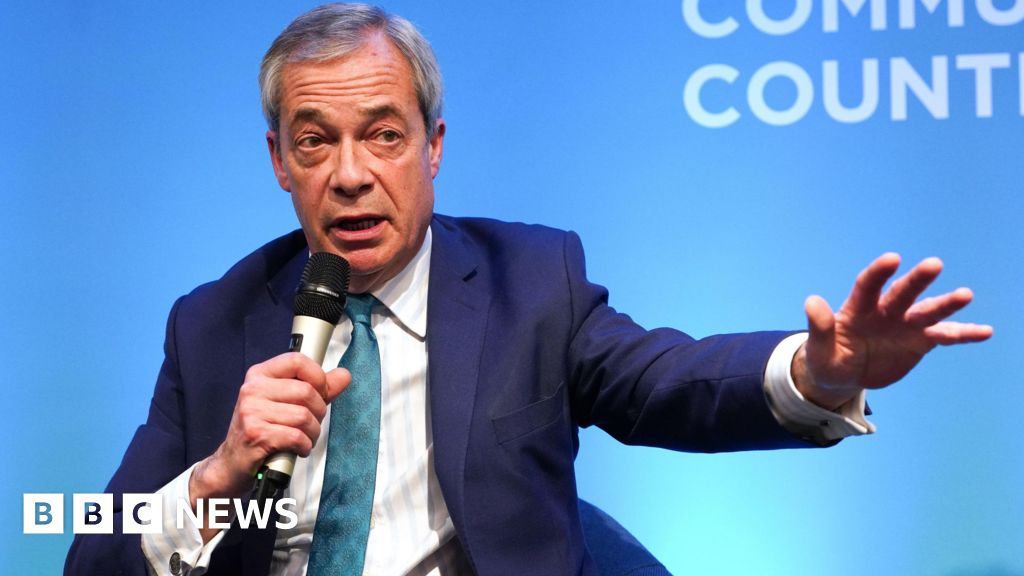
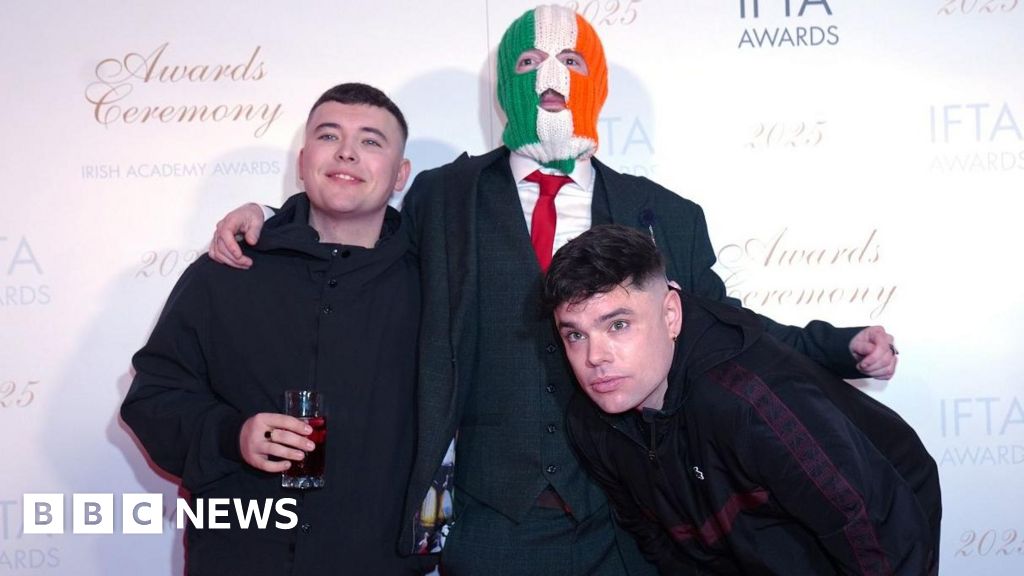
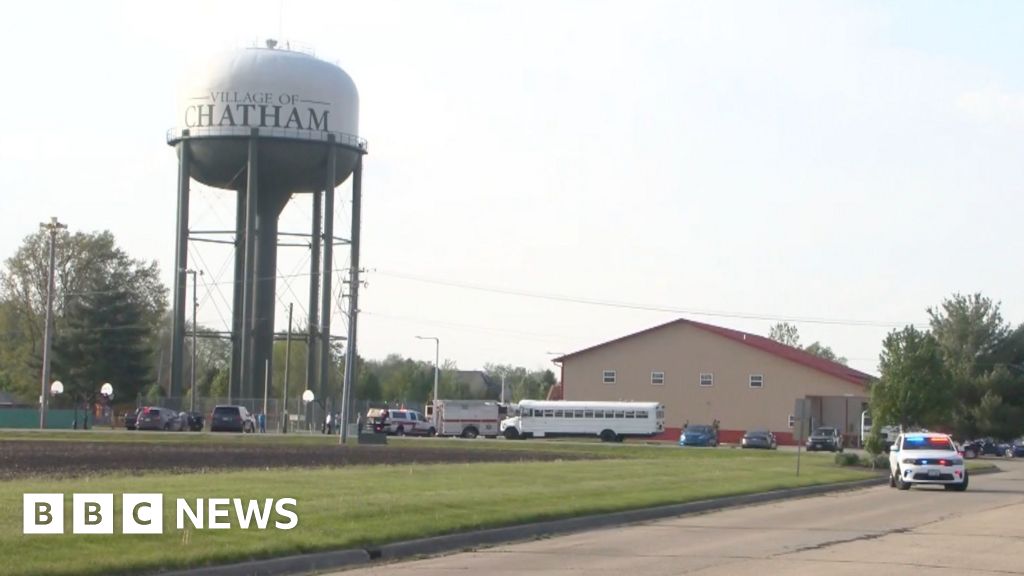

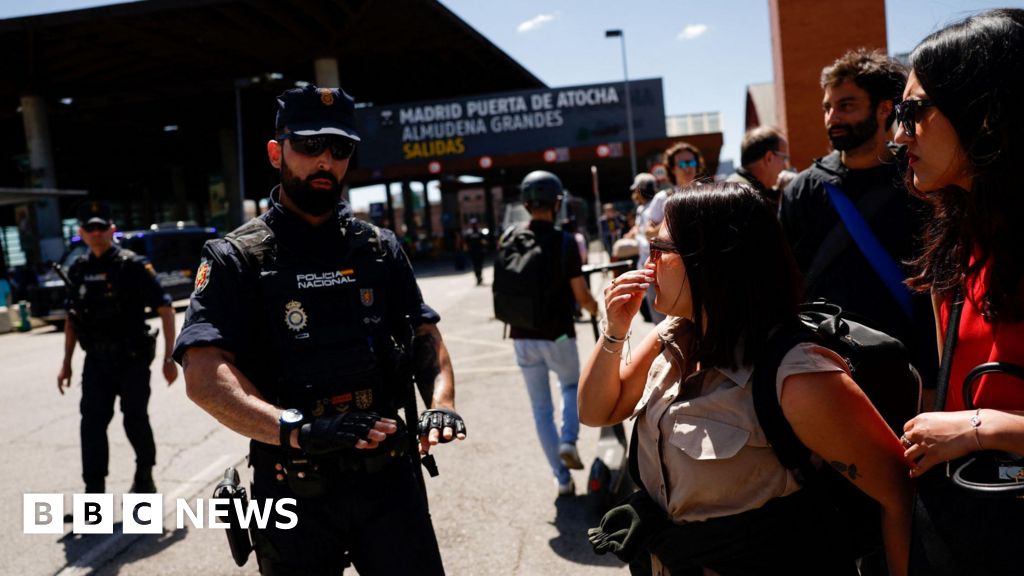






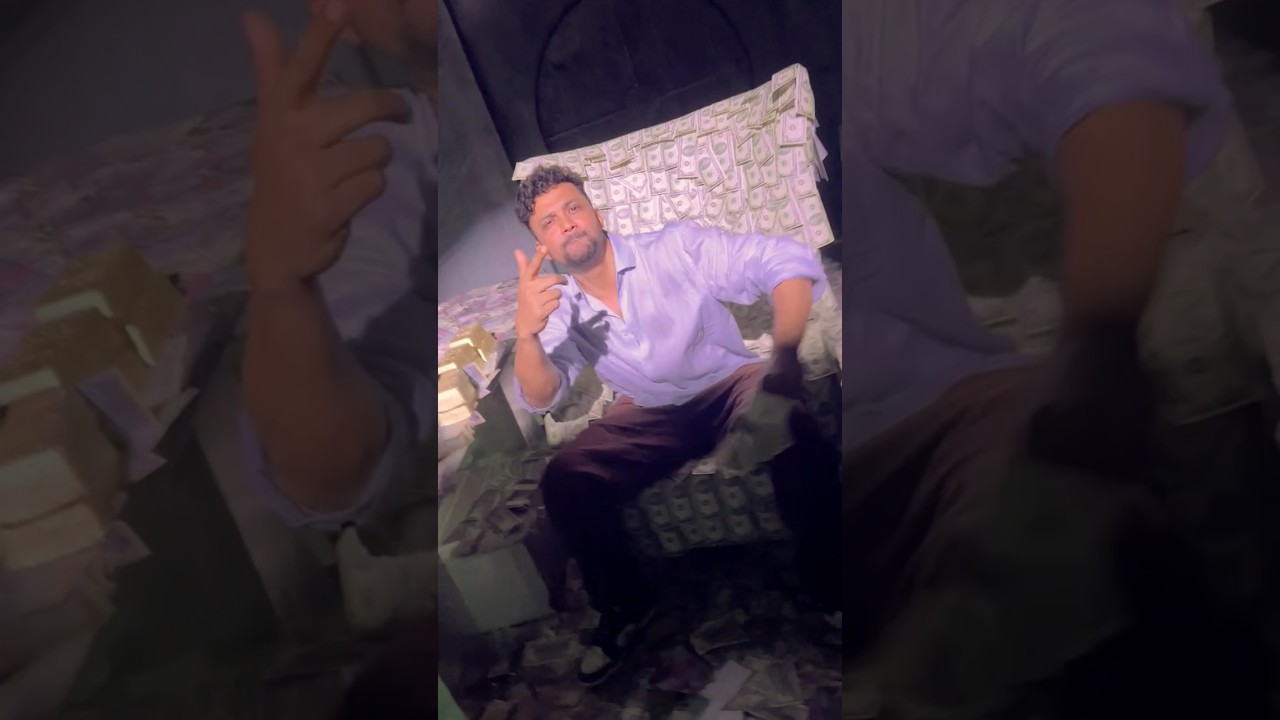
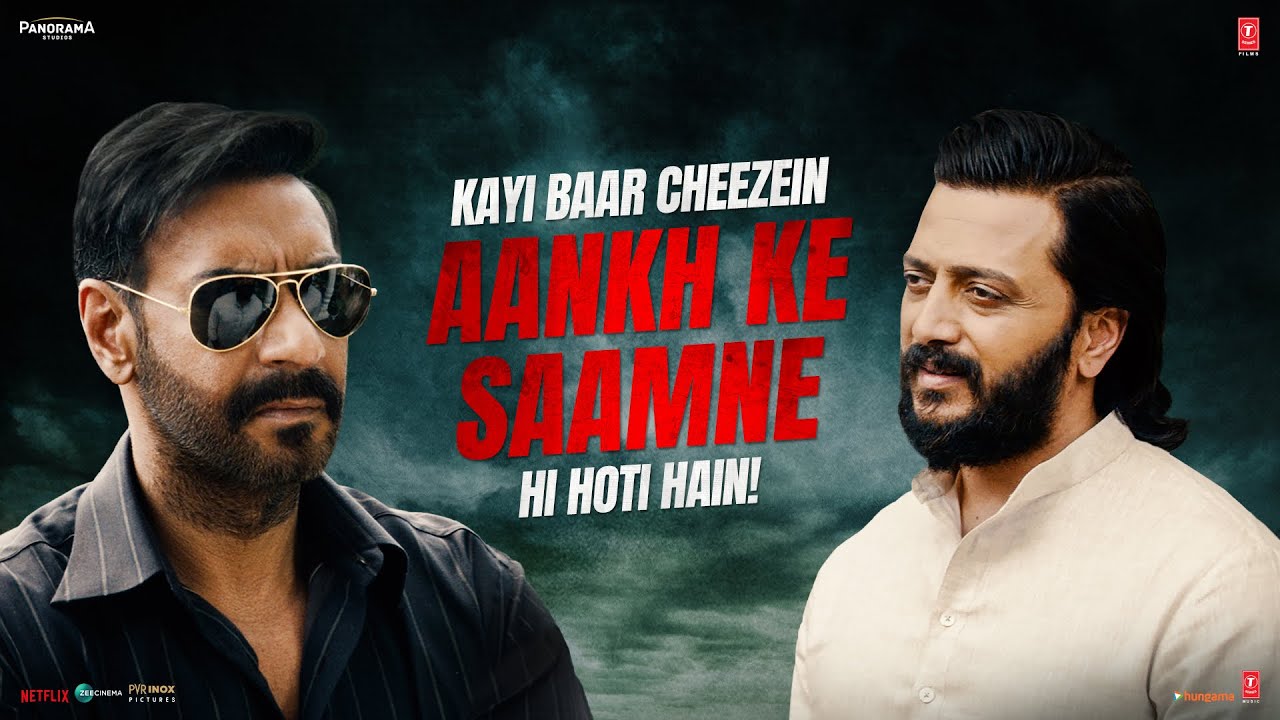

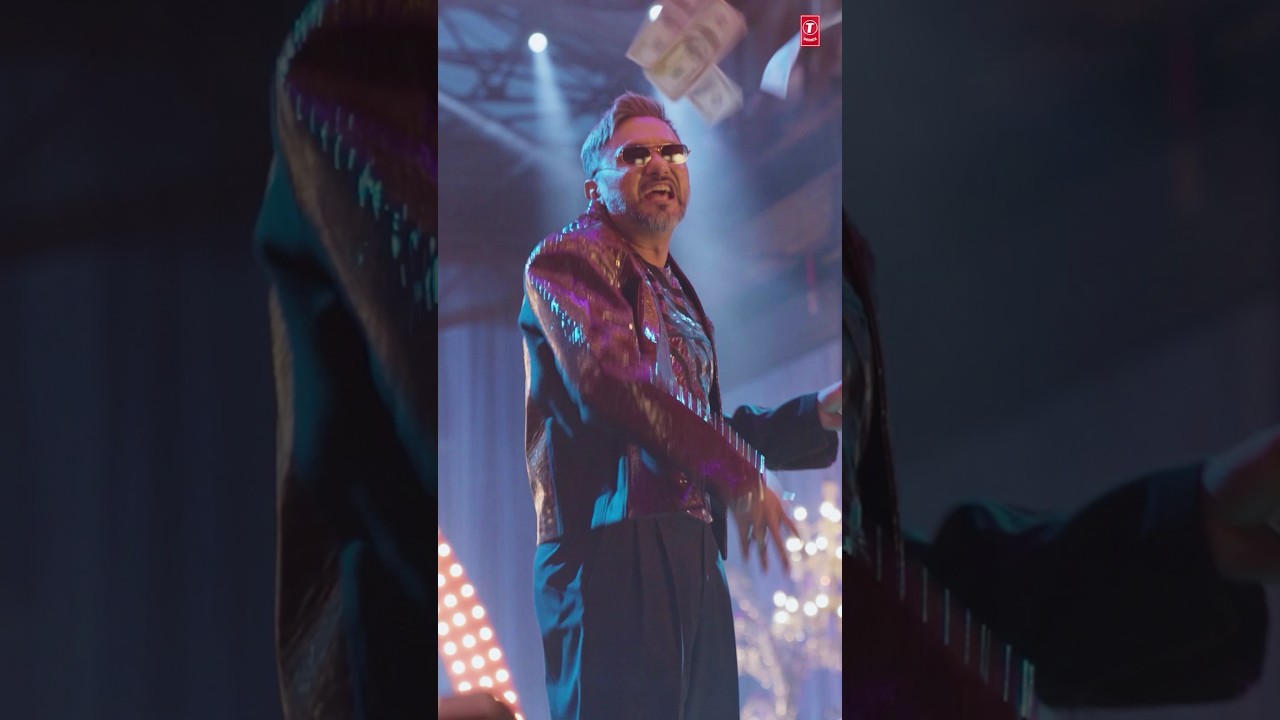
Leave a Reply